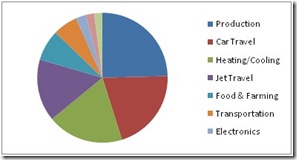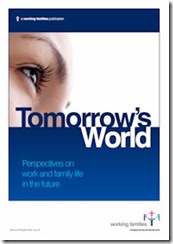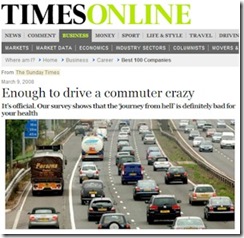One of the three core drivers to Dynamic Work is Environmental especially through the carbon footprint reduction of reduced commuting and business travel. Anyone who takes a serious interest in this side must read the definitive work on the energy calculus (which being primarily hydro-carbon fed is also directly proportionate to carbon impact), must read the definitive, authoritative, objective and comprehensive analysis ‘Without Hot Air.’ It breaks through the myths of the Green movement and Establishment intransigents. It is the Rosetta Stone of the cacophonous eco-debate.
If one really wants to understand the simple, cold numbers about energy production and consumption, current and potential, in the world today, it is the definitive, objective work. It puts into perspective all of the various components of ‘greening’ one life. It takes no issue with people who want to do every little thing to help, but in the concept of broader strategy and policy, it makes the compelling point that scale and perspective are essential. One can be penny-wise and pound foolish. One can expend lots of energy and focus on low yield initiatives (or even counter productive ones), when certain other initiatives deliver much bigger gains. Author David MacKay contradicts the common refrain of activists who say ‘every little helps’. He asserts, the reality is that ‘every big helps.’
In this fully objective, very comprehensive catalogue of energy outgoings by worldwide society, the second biggest use of energy is car travel. Car travel, especially in the context of commuting and other business travel, is a major benefit to Dynamic Work where workers’ activities are more closely aligned to ‘where they are available.’



